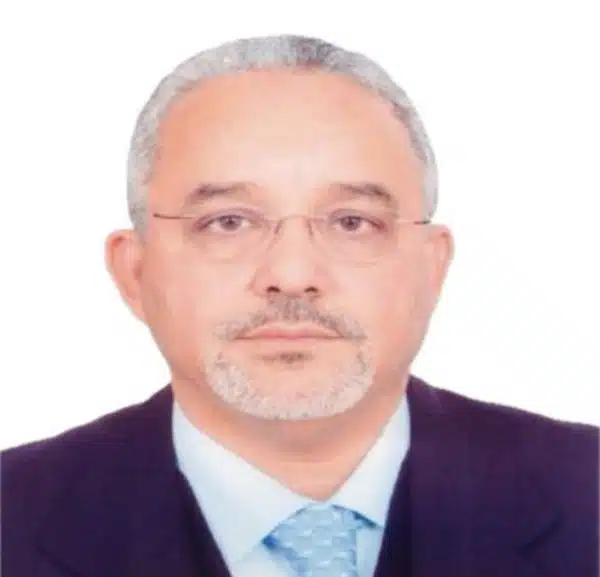“We are employers and promoters of local content in Mauritania,” says Mohamed Mahmoud ELEMINE VALL, President of Nassra Group for Investment (GNI). Interview.
Can you tell us about your GROUP, which is a significant economic player through its activities, mainly in ship repair? How did it start and what is its credo?
Mohamed Mahmoud ELEMINE VALL: Nassra Group for Investment (GNI) was founded over three decades ago, following an experience I gained during the 1980s in the financial sector at a foreign banking institution in Mauritania. Today, GNI operates in several fields besides ship repair, mainly in fishing, trading, mining, industry, distribution of petroleum products, and recently, in studies and consulting. Founded on principles of integrity, reliability, and seriousness, GNI is one of the country’s largest employers and promoters of local content. As for the ship repair service, it is 100% owned by Mauritanian private individuals, and we are proud to be a significant economic operator with substantial socio-economic impacts. We have reached this stage today thanks to the professional relationships we have established with our various national and international partners on multiple scales.
Mauritania is undergoing economic transformation. What could be the private sector’s contribution to this momentum?
The private sector is the best engine for a country’s economic growth. In Mauritania, it is maturing, and I believe it is now ready to play its vital role in driving economic growth and combating poverty. We think that greater inclusion of the private sector is necessary. A favorable ecosystem for the private sector will strengthen the country’s economic and social momentum. Certainly, the existing investment code is one of the most attractive in the sub-region, but it can always be strengthened with a range of benefits, facilities, and tax exemptions.
Interviewer: Diversification is one of the characteristics of your group.
Can you give us an overview of your main activities and your development prospects by 2030?
VALL: We understood early on that economic diversification is an essential component of development and sustainability. Our group has been active in the fishing sector for over three decades, as I mentioned earlier, and at that time, the sector was booming. Today, to meet market demand, we have ventured into several other sectors, considering the dynamics and economic prospects of the country. We are present in the fields of gas, oil, green hydrogen, mining, and agriculture. By 2030, we plan to make significant progress by focusing on human resources, expanding in the sub-region, and exporting our expertise in ship repair and the fishing industry.
Interviewer: Mauritania is on the eve of its first gas exports from the GTA project. How do you plan to position your companies to promote local content?
VALL: In this regard, we believe we made significant progress several years ago when we were involved in supplying, assembling, and commissioning a 3000 M3 LPG sphere in Mauritania. It was a first at the time with the participation of a wholly national company. We provide pipeline maintenance services and are now ready to undertake and share our experience. Our goal is to contribute to the promotion of local businesses’ expertise.
Mineral resources are abundant, especially gold. Do Mauritanian operators have the necessary expertise and financial means to exploit this potential?
Since the 2000s, foreign investments have increased significantly in Mauritania. This investment boom in the mining sector is mainly the result of reforms and the adoption of new mining codes and others, aiming to develop a set of institutional, legal, and fiscal provisions to make the business climate more favorable. Regarding our group, we have experience in the mining sector, which has allowed us to develop new opportunities through mining permits we hold and plan to exploit with technical and financial partners interested in investing in Mauritania with us.
Interview conducted by Dia El Hadj



